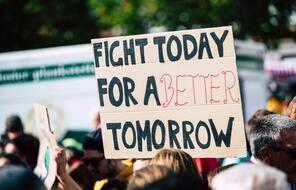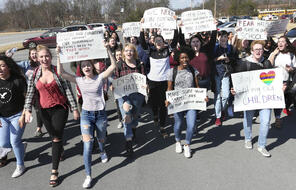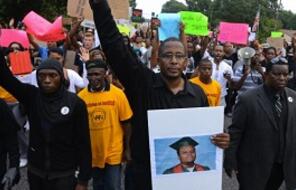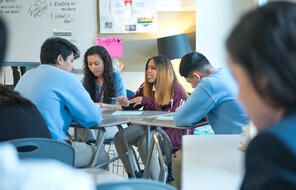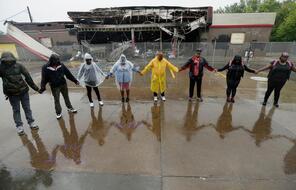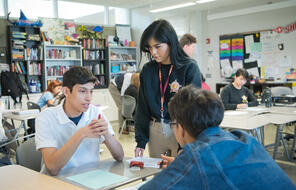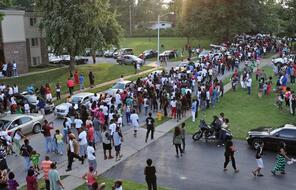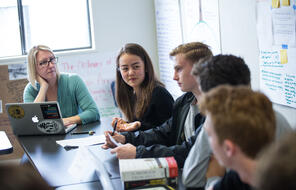Video
Dr. Deborah Prothrow-Stith: How School-Based Programs Reduce Instances of Violence
Deborah Prothrow-Stith discusses how school-based programs reduce instances of violence.
At a Glance
Language
English — USSubject
- Civics & Citizenship
- Democracy & Civic Engagement
Dr. Deborah Prothrow-Stith: How School-Based Programs Reduce Instances of Violence

Dr. Deborah Prothrow-Stith: How School-Based Programs Reduce Instances of Violence
How to Cite This Video
Facing History & Ourselves, “Dr. Deborah Prothrow-Stith: How School-Based Programs Reduce Instances of Violence,” video, last updated February 11, 2014.
Using the strategies from Facing History is almost like an awakening.
—
Claudia Bautista, Santa Monica, Calif

